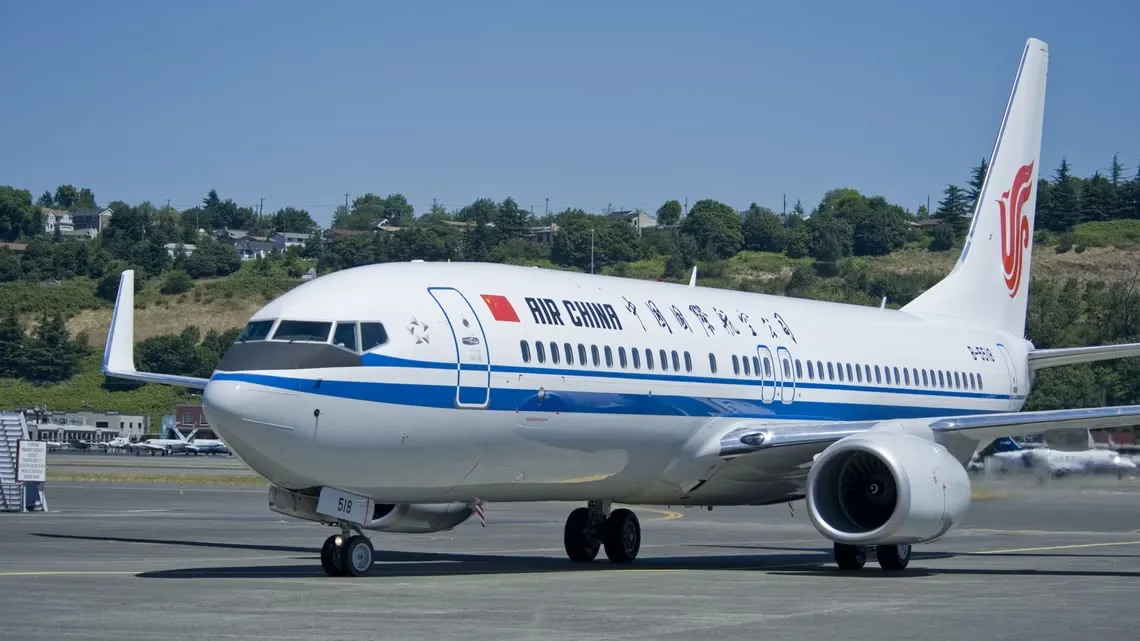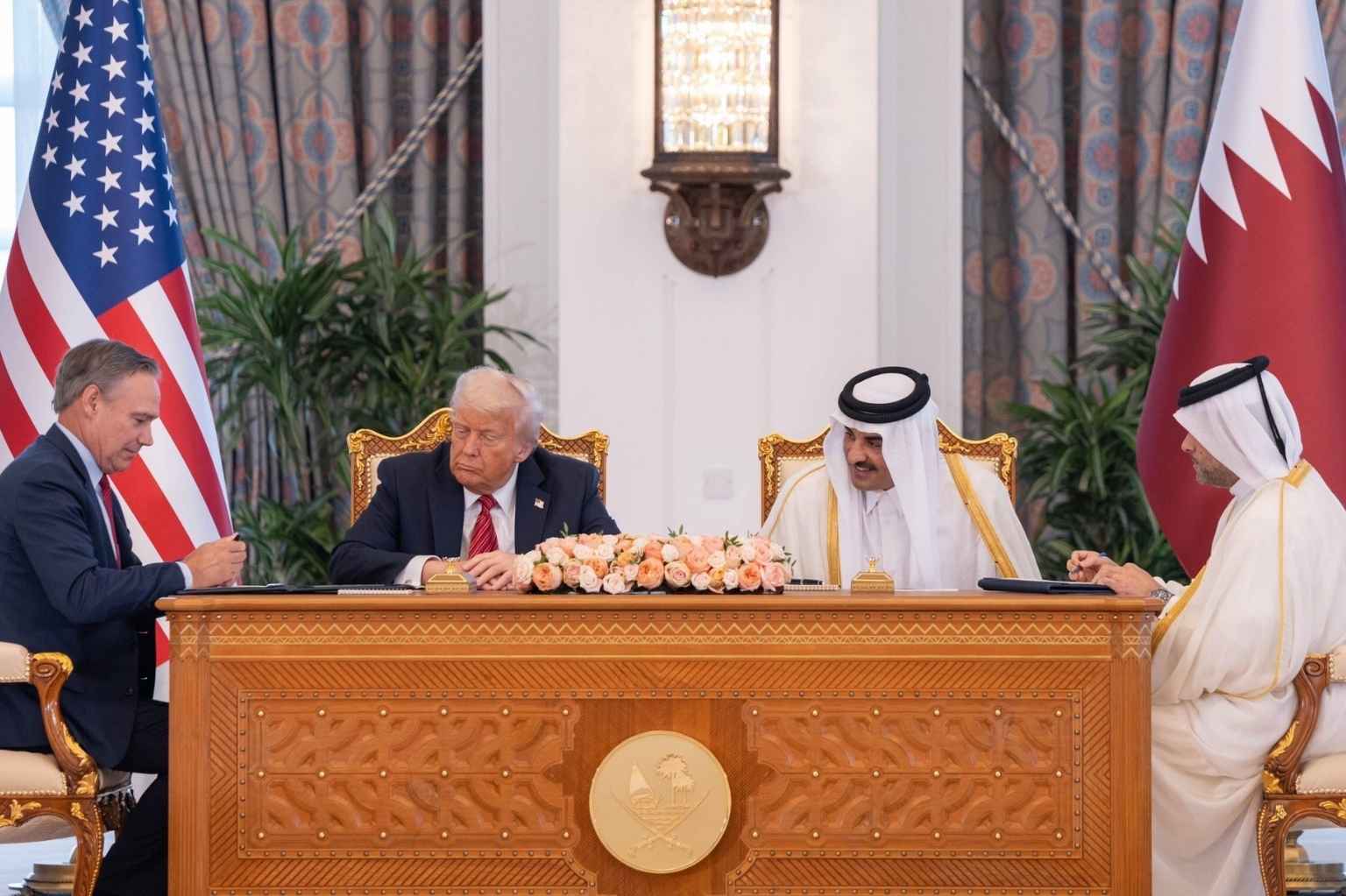China has escalated the ongoing U.S.-China trade conflict by instructing its domestic airlines to stop accepting new deliveries of Boeing aircraft. This significant move follows the United States’ imposition of hefty tariffs on Chinese goods. In response, China slapped 125% tariffs on U.S. exports. The new restrictions, as reported by Bloomberg, include halting the purchase of Boeing aircraft and any associated U.S. aerospace parts or equipment.
This decision severely impacts Boeing, one of America’s largest exporters. Boeing has long viewed China as a crucial growth market, especially as the Chinese aviation industry expands. The halt affects the delivery of Boeing 737 MAX jets, with approximately ten aircraft ready for delivery. However, the government may still allow planes for which payment and delivery documents were completed before the tariffs took effect, on a case-by-case basis.
The move comes amid escalating tensions between the two economic superpowers. U.S. President Donald Trump increased tariffs on Chinese imports up to 145%, prompting China to retaliate with its own tariffs. This situation has forced companies like Boeing to grapple with rising costs and logistical uncertainties. Boeing’s stock has already taken a significant hit, with shares falling 7% since the beginning of the year.
The Chinese government is also considering how to assist domestic airlines that lease Boeing jets, as these carriers face rising costs due to the tariffs. While the decision poses a setback for Boeing, it could benefit Airbus, which has a more established presence in China. As the dispute evolves, the global aviation industry remains uncertain about the long-term effects of these trade restrictions.
In addition to halting aircraft deliveries, China has tightened its control over the supply of critical aerospace components, complicating the situation for both U.S. and Chinese manufacturers.








